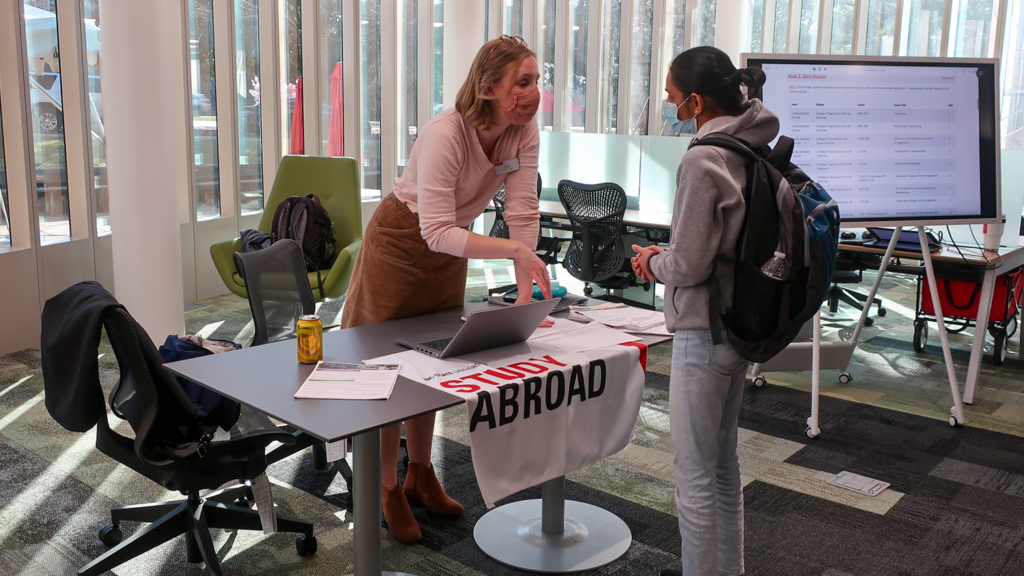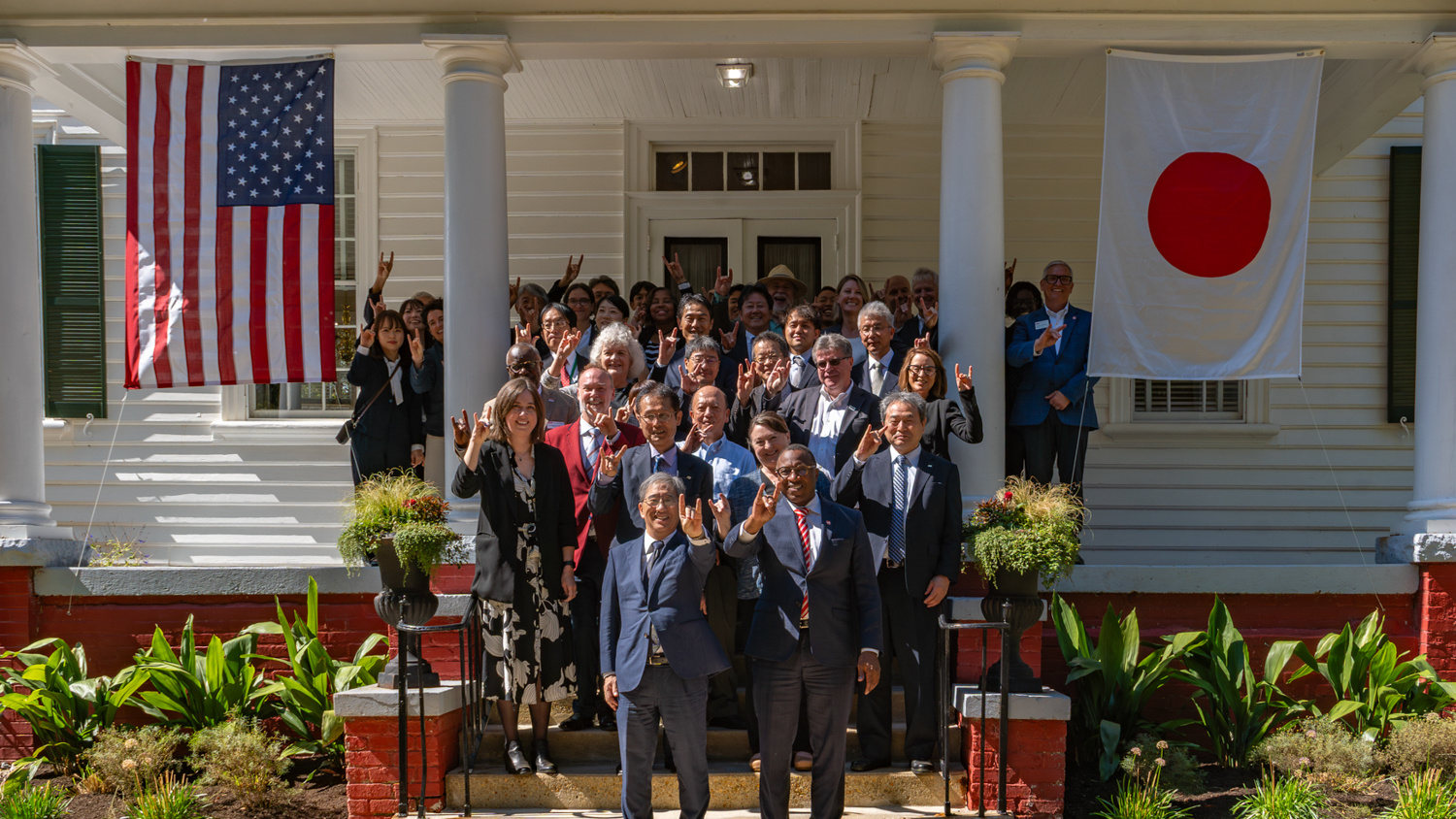Think and Do: SDGs at NC State
As part of NC State’s commitment to the University Global Coalition, NC State is proud to recognize February 28 – March 4, 2022, as Sustainable Development Goals (SDG) Action and Awareness Week on campus. The purpose of this week is to promote awareness of the 17 SDGs among students in higher education and inspire them to take action in support of and achieving the goals on their campuses and in their local community.
Officially launched in the fall 2021 semester, NC State Global now focuses its campus programming initiative around the SDGs. This includes monthly SDG@3 Discussions which focus on one of the 17 SDGs and bring together an expert faculty member, a student representative, and a community expert to discuss the importance of their work in relation to a specific goal.

Throughout this year’s SDG Action and Awareness Week, NC State Global highlighted various student organizations on their Instagram page to show how students are taking initiative with the SDGs on campus. Among the highlighted student organizations is Feed The Pack. The food pantry has had 16,000 visits to the pantry and distributed over 325,000 pounds of food since its opening in November 2012. Feed The Pack actively fights food insecurity on campus, which works toward SDG Goal 2: Zero Hunger in our local area.
As the flagship event during SDG Action and Awareness Week, NC State Global together with the University Sustainability Office organized an SDG Expo held on March 3 at Jordan Hall. Activities included the demonstrations of the new NC State SDG Course Inventory, info on SDG-related faculty-led study abroad programs, and opportunities from the University Sustainability Office.
“The creation of the SDG course inventory finally gives NC State a quick and easy means for graduate and undergraduate students, academic advisors, and faculty researchers to identify existing courses that align with one or more of the SDGs,” states Seth Murray, Director of the International Studies Program. “ We will all benefit from the enhanced visibility of sustainability that the SDG course inventory brings to what is taught at our university: students will identify courses that help them develop competency around a specific SDG, and faculty can be more transparent about the relevance of their teaching and research in solving real-world problems.”
Additionally, Dr. Christopher Galik, Co-Chair of the Sustainability Council’s Academic Working Group, hosted a virtual roundtable discussion on March 1 for faculty to provide input on and suggestions for the future of the SDG Course Inventory.


